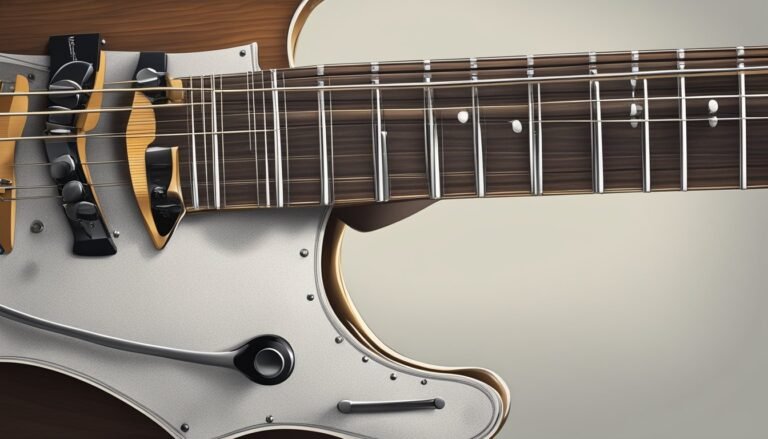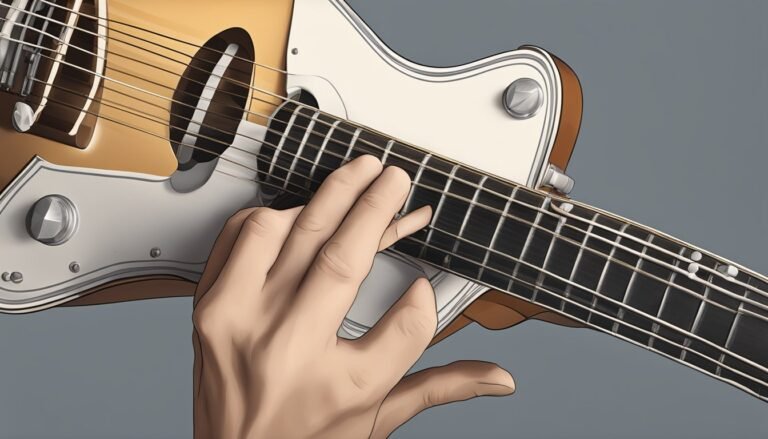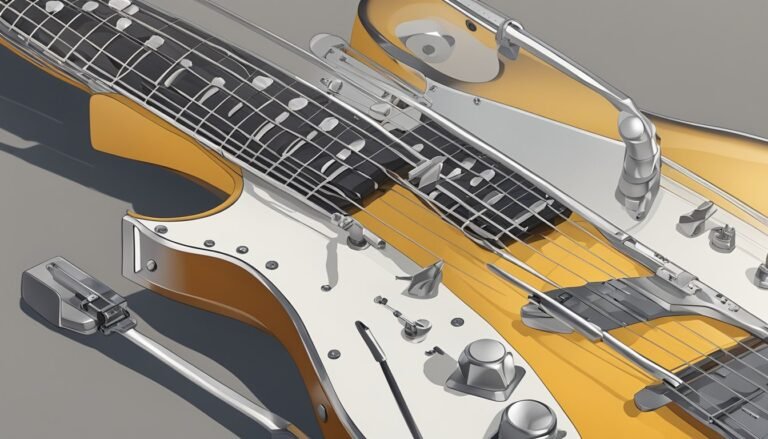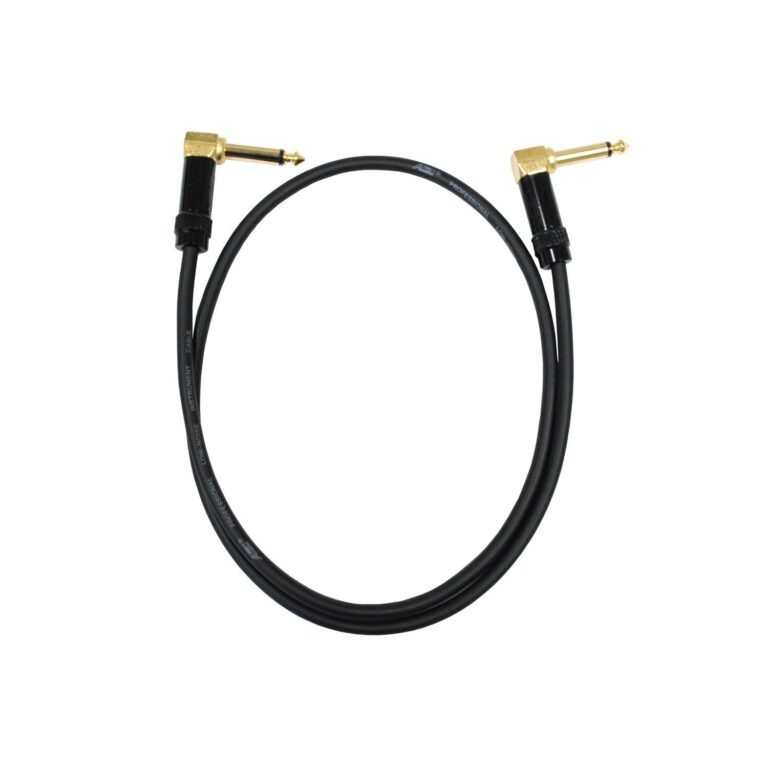
How to Play Scales on Guitar: A Quick Guide for Beginners
Learning guitar scales enhances finger dexterity, musical ear, and creativity. Mastery of basic and complex scales is essential for improvisation and songwriting. Regular practice is key.

Learning guitar scales enhances finger dexterity, musical ear, and creativity. Mastery of basic and complex scales is essential for improvisation and songwriting. Regular practice is key.

The D chord is essential for beginner guitarists, featuring notes D, F#, and A, and enabling the play of numerous popular songs. Practice enhances skill and confidence.

Tuning an electric guitar is crucial for optimal sound. Methods include using clip-on tuners, pedal tuners, smartphone apps, or online tuners for accurate adjustments.

Choosing the right guitar involves deciding between acoustic and electric types based on musical preferences, ensuring comfort, and considering beginner-friendly models for optimal learning.

Drop D tuning lowers the low E string to D, simplifying power chords and enhancing sound quality, making it popular in rock and metal genres.

Right-angle guitar cables are essential for musicians seeking compact setups, enhancing space efficiency and sound quality while reducing clutter on pedalboards and during performances.

Tuning a 12-string guitar involves matching paired strings to standard notes E, A, D, G, B, and E, enhancing sound richness and harmony.

Bass guitar preamp pedals enhance tone and presence, offering features like EQ settings, effects, and portability, crucial for players seeking to elevate their sound.

Learning guitar involves setting clear goals, consistent practice, and choosing the right instrument. Beginners face challenges but can progress through dedication and effective techniques.

The guitar, originating in Spain in the 16th century, has evolved significantly, influencing various musical genres and showcasing the artistry of legendary players like Jimi Hendrix and Eric Clapton.